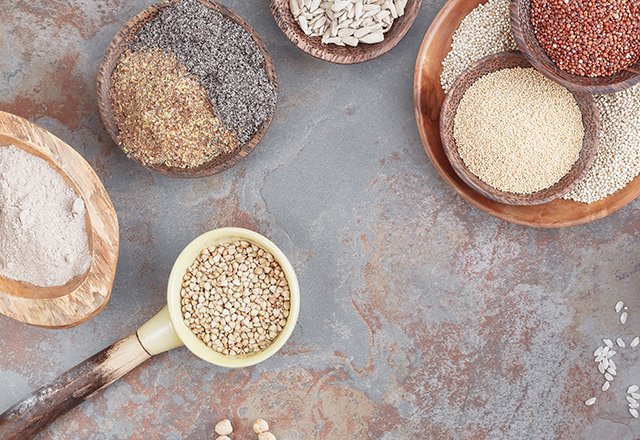
Top tips for managing food intolerances

8 tips to help you cope.
more and more people are discovering that they can’t eat what they once thought were the simplest foods. Penny Lara explains how to cope with the common food intolerances.
Consult a health professional: To identify the problem food, avoid unnecessary diet restrictions and to ensure nutrient adequacy, consult an accredited dietitian
Check food labels: The ingredients are listed in order of the amount of each food from largest to smallest i.e. steer clear if in the first few ingredients
Learn your limits: If you can tolerate small amounts, you might be able to add a little at a time to learn how much your body can tolerate
Allow yourself guilt-free eating during the festive season/special occasions: “For special days like Christmas Day and New Year’s Day, people can choose to eat more freely,” suggests Zoe Nicholson, accredited practising dietitian (APD) of Figureate.
Enjoy eating out: Nicholson suggests by limiting your problem foods day to day, you can get away with eating out more freely, if not too often
If you suffer from eczema: Avoid hot showers and use a natural moisturiser such as virgin cold- pressed coconut oil to avoid drying out the skin
Increase psyllium intake: Increasing fibre is recommended in the treatment of IBS, but one study revealed the key was increasing soluble fibres such as psyllium to be more effective (as opposed to insoluble fibres like bran)
Confirm diagnosis: If one of these intolerances has been diagnosed using cytotoxic food testing, Vega testing, IgG antibody testing, kinesiology, iridology, pulse testing or Alcat testing, then the ASCIA suggests confirming the diagnosis using conventional methods, as alternative methods have at times been unclear.


